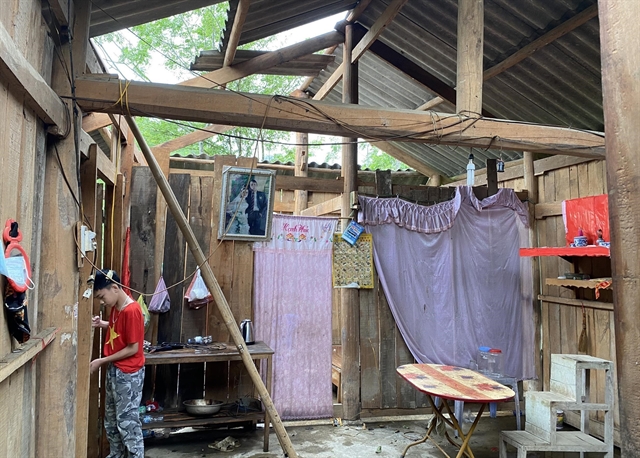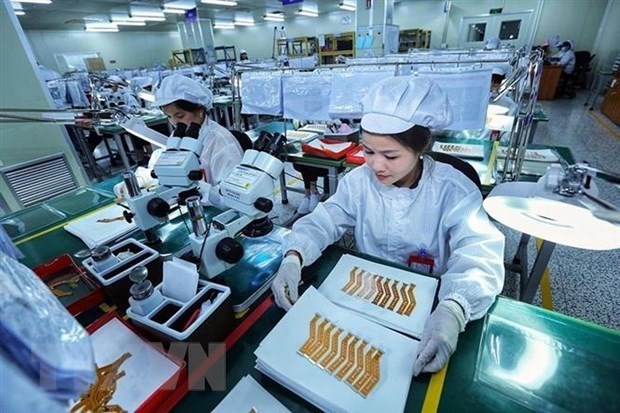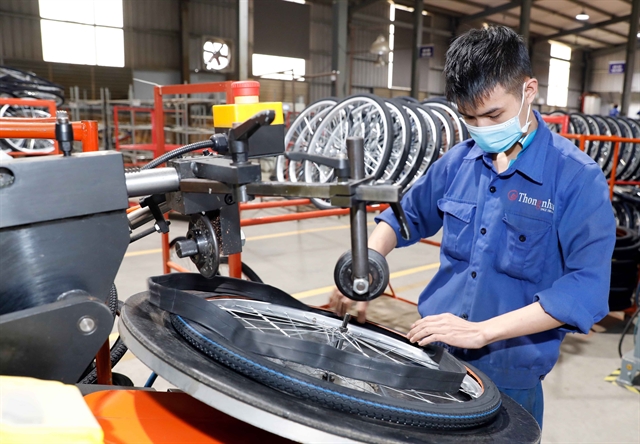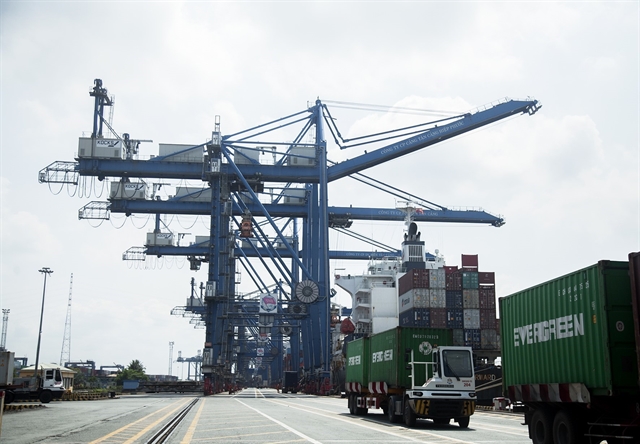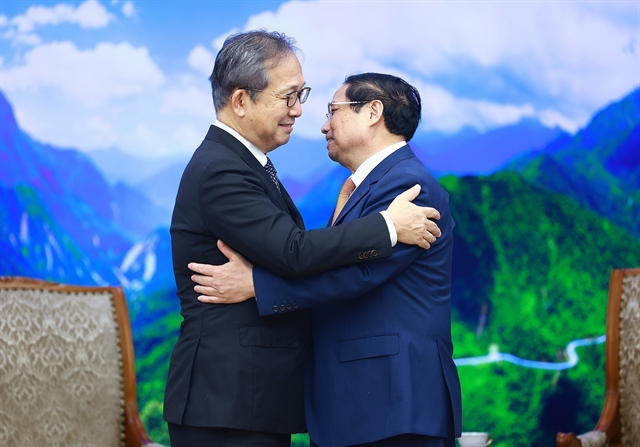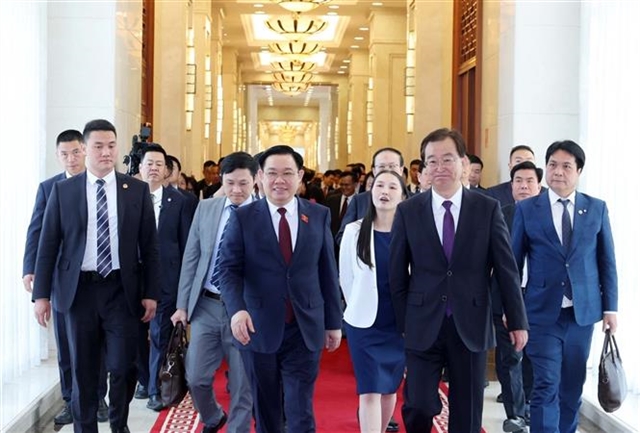 Politics & Laws
Politics & Laws

Lao Prime Minister Thongloun Sisoulith on Thursday applauded the effective co-operation between his country’s finance ministry and its Vietnamese counterpart, which his helping improve Lao tax collection and other financial mechanisms.
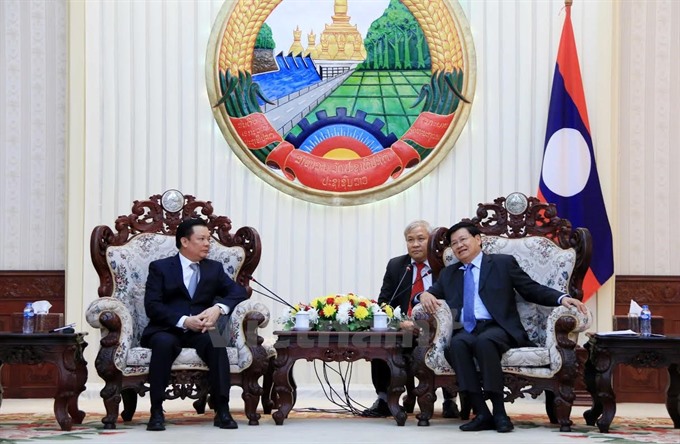 |
| Lao Prime Minister Thongloun Sisoulith (R) receives Finance Minister Đinh Tiến Dũng in Vientiane on Thursday. — VNA/VNS Photo Phạm Kiên |
VIENTAINE — Lao Prime Minister Thongloun Sisoulith on Thursday applauded the effective co-operation between his country’s finance ministry and its Vietnamese counterpart, which his helping improve Lao tax collection and other financial mechanisms.
Speaking at a reception for a top-level Vietnamese financial delegation in Vientiane on Thursday, he asked the two sides to increase information and experience exchange, noting that Việt Nam’s experience is valuable, especially in light of Laos’ difficulties in budget collection.
Vietnamese Finance Minister Đinh Tiến Dũng, on his part, said that Việt Nam is ready to share its experience and assist the Lao Finance Ministry to develop the treasury, taxation and customs systems.
On the same day, Minister Dũng and his Lao counterpart Somdy Douangdy, who is also a Deputy Prime Minister, co-chaired the 13th meeting of the steering board for the two ministries’ co-operation.
They agreed to approve the co-operation plan for 2017 and specific co-operation priorities for 2017-2020.
Accordingly, Việt Nam’s Ministry of Finance will continue helping its Lao counterpart in institutional reform and overhaul of the legal framework for public debt management, budget collection, and organisation of taxation, customs and treasury sectors.
It will also support Lao financial personnel to improve their capacity through training, including on-the-spot courses at the Vietnamese ministry.
Both ministries also agreed to enhance mutual visits at all levels, continue infrastructure construction for schools managed by Laos’ Finance Ministry, and raise the quality of personnel exchanges. — VNS

